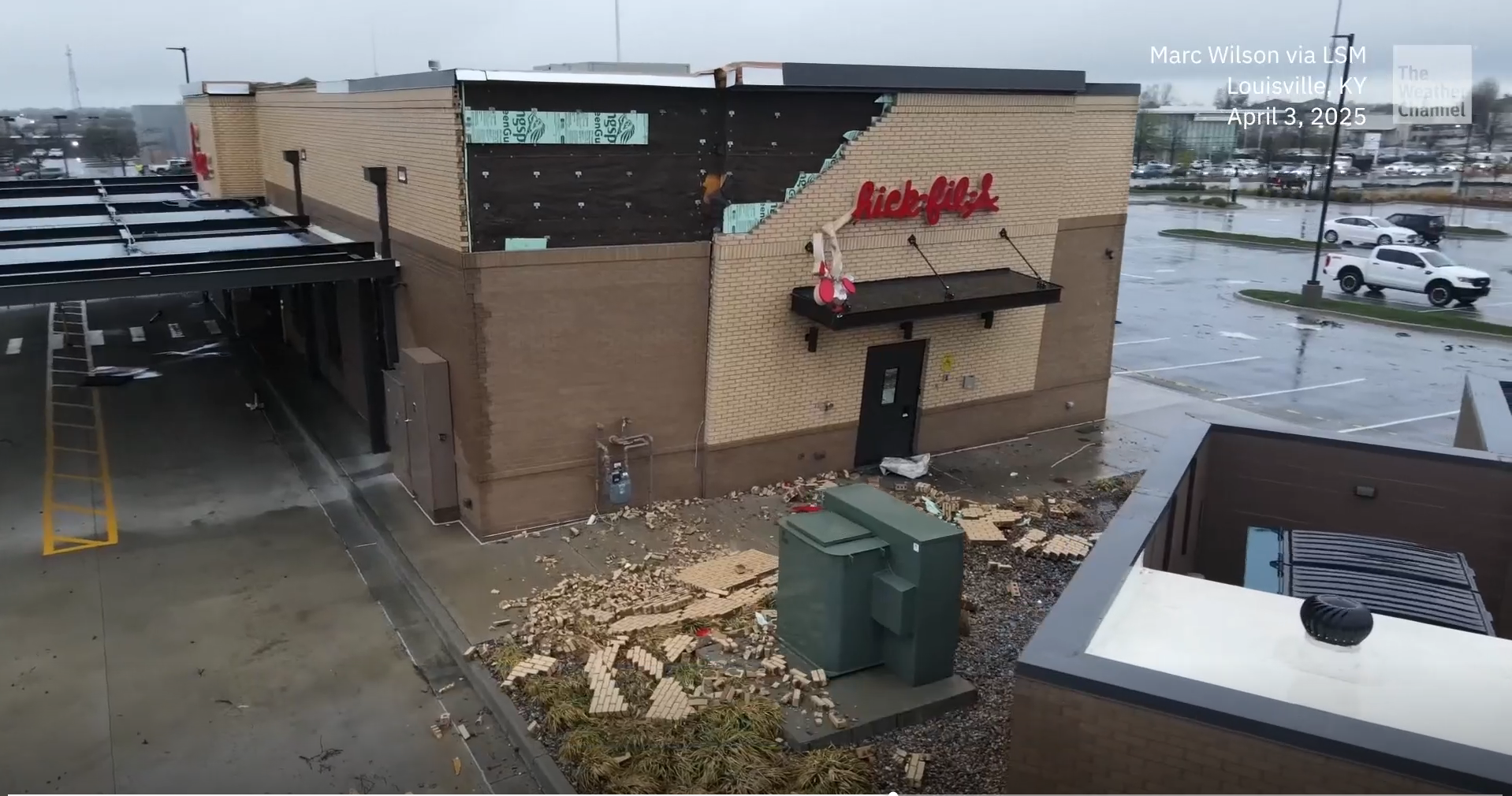The Southern Baptist Convention’s Abuse Reform Implementation Task Force released an update Monday (Jan. 9) to clarify the role of the SBC’s sexual abuse hotline. The report follows an update in December and highlights steps taken to ensure confidentiality for survivors and efforts to avoid conflicts of interest.
Retired attorney and sexual abuse survivor Christa Brown raised conflict of interest concerns related to the hotline established in May 2022 in a Jan. 6 opinion piece published by Baptist News Global.
“(Rachael) Denhollander has been occupying dual and potentially conflicting roles: (1) as the designated advocate for individual survivors who make sexual abuse and concealment reports … and (2) as an adviser to the SBC on its handling of sexual abuse and concealment,” Brown wrote.
“My purpose is not in any way to degrade Denhollander, an individual for whom I hold great admiration and gratitude for all she has done in broadly raising awareness about the dynamics of sexual abuse,” Brown added. “In the specific arena of the SBC, however, this two-hat ethics concern presents a problem, and I view it as being more about the institution than about the specific individual occupying the dual roles.
“Why have SBC officials allowed this apparent conflict?”
Quick response
In its Jan. 9 update, the task force addressed the concern without referencing Brown or the opinion piece.
“Calls that come into the hotline are received exclusively by Guidepost and seen only by their staff,” the task force update states. “The only exceptions to this occur if mandatory reporting is triggered, if the information is relevant to the ongoing investigation with the Department of Justice, or pursuant to a lawful subpoena. … In addition, where survivors wish to file a report … with the Credentials Committee, the relevant information will be provided only to the …committee. Survivors are fully informed … and no action is taken without their knowledge or consent.
“Denhollander serves as an adviser due to her expertise in crisis response, trauma, abuse dynamics and sexual abuse reforms,” the update notes. “She does not serve as counsel for the ARITF or the SBC. Neither the ARITF nor its advisers, including Rachael, have access to confidential survivor information or the information provided to Guidepost through the hotline.”
The SBC Executive Committee contracted with Guidepost Solutions in May 2022 to operate the hotline following its report regarding an investigation into allegations that the Executive Committee mishandled reports of sexual abuse. The task force noted that the hotline “was established to ensure survivors, and/or their reporting friends and relatives, had a trauma-informed team and resource to report abuse.”
They added, “The hotline was a stop-gap measure between the release of the Guidepost Report and the creation of more permanent abuse reforms approved by messengers in Anaheim.
“It was critical that survivors had a fully confidential and protected place to report abuse while more permanent measures were instituted by the Executive Committee,” the task force noted.
Another task force update is expected later in January.
See full text of the SBC Abuse Reform Implementation Task Force’s latest update:
The Role and Function of the SBC Sexual Abuse Hotline
In May of 2022, The Executive Committee contracted with Guidepost Solutions to operate a hotline in the wake of the SBC Investigation. At the time of establishment, the parameters for this service were provided in written statements as well as public and private conversations with members of the previous Task Force, but we believe it is wise to clarify again, the role and function of the hotline.
The hotline was established to ensure survivors, and/or their reporting friends and relatives, had a trauma informed team and resource to report abuse. The hotline was a stop-gap measure between the release of the Guidepost Report and the creation of more permanent abuse reforms approved by messengers in Anaheim. It was critical that survivors had a fully confidential and protected place to report abuse while more permanent measures were instituted by the Executive Committee.
Calls that come into the hotline are received exclusively by Guidepost and seen only by their staff. This is guaranteed in the contract which the Executive Committee executed with Guidepost. The only exceptions to this occur if mandatory reporting is triggered, if the information is relevant to the ongoing investigation with the Department of Justice, or pursuant to a lawful subpoena, as the SBC is committed to fully supporting law enforcement processes. In addition, where survivors wish to file a report related to a church with the Credentials Committee, the relevant information will be provided only to the Credentials Committee. Survivors are fully informed at every step of the process and no action is taken without their knowledge or consent.
Concerns were expressed to the previous Task Force that newly reporting survivors not be left unsupported, and that they have access to communication measures and support if needed. This request was made by survivors to the previous Task Force, and Task Force leadership was aware that many survivors may not wish to engage directly with an SBC pastor. They determined it was wise to provide an additional route for communication, updates, and support if so desired. However, the avenues for communication were made available with the full knowledge and consent of all parties involved, including and especially, survivors who requested additional support. Out of all the calls that came in, only two resulted in Guidepost contacting Rachael Denhollander for potential connection to resources.
Importantly, every individual involved with the previous Task Force and current ARITF was thoroughly vetted to ensure that no conflicts of interest were present, and significant protections were put in place for the structure of the investigation and hotline, to ensure full survivor confidentiality as well as transparency for all who chose to provide information. Regarding her relationship with the ARITF, Rachael Denhollander serves as an advisor due to her expertise in crisis response, trauma, abuse dynamics, and sexual abuse reforms. She does not serve as counsel for the ARITF or the SBC. Neither the ARITF nor its advisors, including Rachael, have access to confidential survivor information or the information provided to Guidepost through the hotline, nor do any of these parties have any right, contractually or otherwise, to access such information.
All information that is provided to the hotline goes directly to, and stays with, the team at Guidepost. Every contact to the hotline is confidential and protected. Guidepost ensures that the following steps are taken:
- All mandatory reporting practices are followed.
- If information relevant to ongoing law enforcement investigations is received, it shall be cooperatively provided to investigators.
- Relevant information for churches which require assessment by the Credentials Committee, is provided solely to Credentials Committee members.
- Names of alleged perpetrators which need to be evaluated for inclusion in the forthcoming MinistryCheck website are catalogued.
At all times during this process, information remains fully confidential and protected, and survivors who reach out are fully informed.
The ARITF understands there is little trust with the SBC and its entities, regarding sexual abuse, and this lack of trust may extend to those outside the SBC whom we ask to help us in this process. We also understand that deep harm has occurred and that nothing can undo what has been done. We recognize that true change at a cultural and policy level is a process we must undertake each day. Finally, we are acutely aware that this process is taking much longer than anyone, us included, would like. An update on the status of reform implementation is forthcoming later in January.










